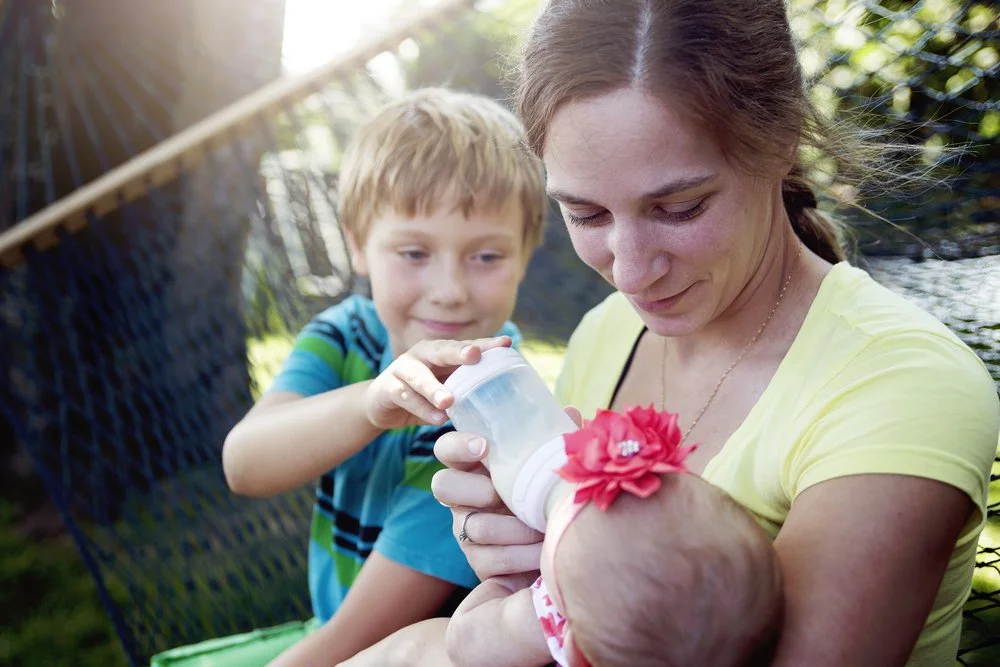I’m worried I may have postpartum depression. Can a support group help?
If you feel overwhelmed after having your baby, you are not alone. Four out of five women experience the baby blues after delivery. But when those feelings grow increasingly intense or last longer than three weeks, you could be suffering from postpartum depression or anxiety.
If you feel overwhelmed after having your baby, you are not alone. Four out of five women experience the baby blues after delivery. But when those feelings grow increasingly intense or last longer than three weeks, you could be suffering from postpartum depression or anxiety. In fact, many women report that depression and anxiety increase in intensity and frequency throughout the first year postpartum, often made worse by lack of sleep, adjusting to a new schedule with a baby, stress over returning to work, and relationship conflict over the new household responsibilities.
It is important to pay attention to yourself right now. Do you feel down, depressed, anxious, panicked, or enraged more than usual? Are you not sleeping when the baby sleeps? Has your appetite changed? Are you afraid to be alone with your baby? Do you feel irritable, angry, or overly critical of yourself? Are you having thoughts that scare you? If you have any of these symptoms or just don't feel like yourself, you may be experiencing postpartum depression (or another mood disorder) and will need help to feel better.
At least 14 percent of all new mothers report having postpartum depression in the first year after childbirth, but most do not talk about it or get help. It is so great that you are reaching out for help because postpartum depression is treatable. When you feel better, your baby and your family will benefit too.
Among other treatment options, such as therapy and medication, attending a support group can be the first step on the road to healing. Support groups are facilitated by a trained professional and provide a safe and caring place to connect with other women who are having a similar experience. Research shows that support groups can offer you two very concrete benefits: You will feel understood and less alone, and you will realize that your feelings are normal and nothing to be ashamed of. You may want to talk a lot, a little, or not at all, which is ok. Sometimes just listening to what others are experiencing is very helpful.
Besides addressing the deep feelings of postpartum depression, a support group can also help you handle the everyday challenges of being a new parent. This transition is a huge adjustment for everyone. You may be feeling a loss of your pre-mom identity. You may be having a hard time letting go of perfectionism and accepting the inevitable messes that go along with parenting. You may be mourning your previous life as an independent woman free from the overwhelming responsibility of taking care of another human being.
You need an opportunity and a place to discuss both your expectations of motherhood and your actual experiences. There's probably a big gap between those two, and a support group can help you have empathy for any feelings of disappointment and loss you are having. When you can work through these feelings in a safe setting, you will begin to feel lighter and hopeful again. And you will increase your ability to cope with the daily challenges of caring for your child.
Postpartum Support International maintains a list of support groups across the country, so you can find help and camaraderie wherever you are. The Postpartum Stress Center also offers these useful tips for asking your primary care provider for help.
If you think you may have postpartum depression, answer these simple screening solutions.











